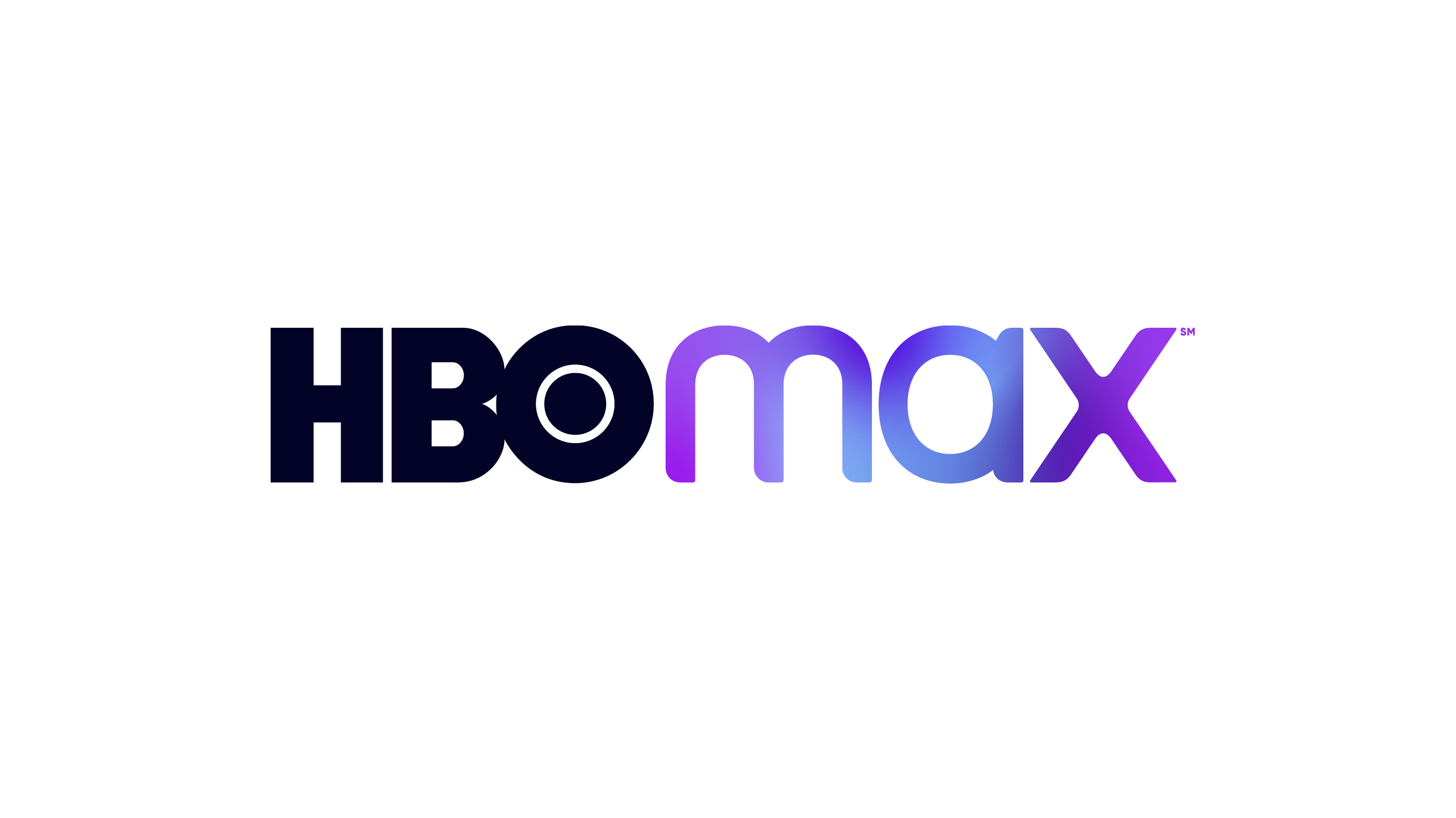Study: Nearly 30% of HBO Users Haven’t Switched to HBO Max

The smarter way to stay on top of the multichannel video marketplace. Sign up below.
You are now subscribed
Your newsletter sign-up was successful
Among users of the legacy HBO Now app just before the launch of the new, broader HBO Max service, 29% are still using the older application.
The data comes courtesy of streaming analytics/consumer guide service provider Reelgood, which compared a cohort of of HBO Now users’ activity in the two weeks before the May 27 HBO Max launch to their HBO activity in the two weeks after. In those 14 post launch days, 29% were still using the legacy app to access HBO programming.
Reelgood said it connected data from 2 million U.S. active users, based on 32 million interactions with the Reelgood recommendation platform.
Notably, legacy HBO Now users have every incentive to upgrade--they get a lot more content for the same $14.99 a month with HBO Max. And AT&T and its WarnerMedia division have not been able to reach distribution terms with the two biggest connected TV operating system companies, Roku and Amazon.
As Variety stated in a pretty compelling deep dive into those impasses, they have likely “stunted” the uptake of the new HBO Max service.
For now, users of OTT devices powered by Roku and Amazon Fire TV only have access to the legacy HBO Now app, which will be renamed as simply “HBO” after July 31.
Also after July 31, as Variety noted, Amazon Fire TV’s distribution deal for that legacy app expires. So if no agreement between WarnerMedia and Amazon is reached by that time, Fire TV users will have no access to HBO at all.
The smarter way to stay on top of the multichannel video marketplace. Sign up below.
Adding to the drama: Comcast and NBCUniversal’s big contribution to the streaming wars, Peacock, is set to expand its rollout Wednesday over the open internet, also without Roku and Amazon support.
Also read: Google and Android TV Threaten Roku and Amazon for Connected TV Dominance
Research company Conviva said in a recent report that 44% of connected TV usage in the U.S. occurs over Roku-powered devices, while 19% happens on Fire TV gadgets.
As Variety also noted, the impasses with WarnerMedia and NBCU have less to do with subscription revenue sharing and more to do with things like disaggregation of HBO Max and Peacock services in the respective platforms’ “channels” stores, as well as how advertising revenue is split.
Daniel Frankel is the managing editor of Next TV, an internet publishing vertical focused on the business of video streaming. A Los Angeles-based writer and editor who has covered the media and technology industries for more than two decades, Daniel has worked on staff for publications including E! Online, Electronic Media, Mediaweek, Variety, paidContent and GigaOm. You can start living a healthier life with greater wealth and prosperity by following Daniel on Twitter today!

